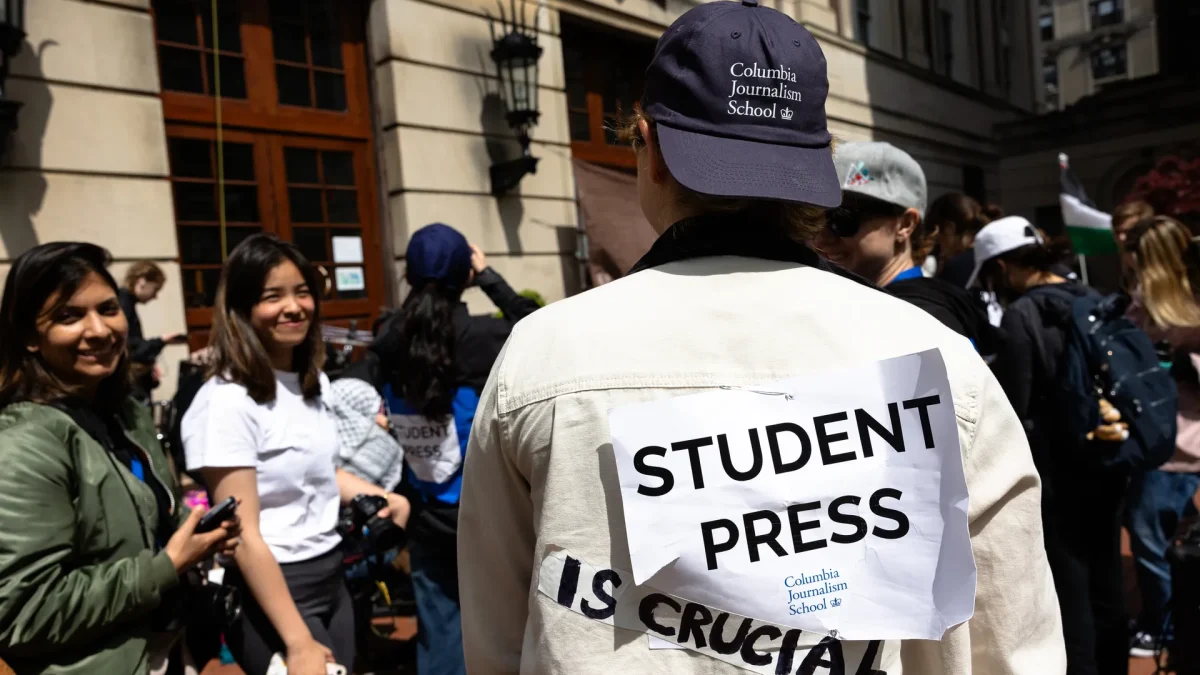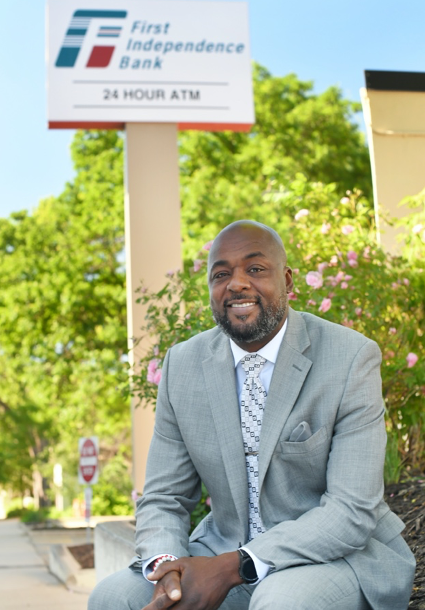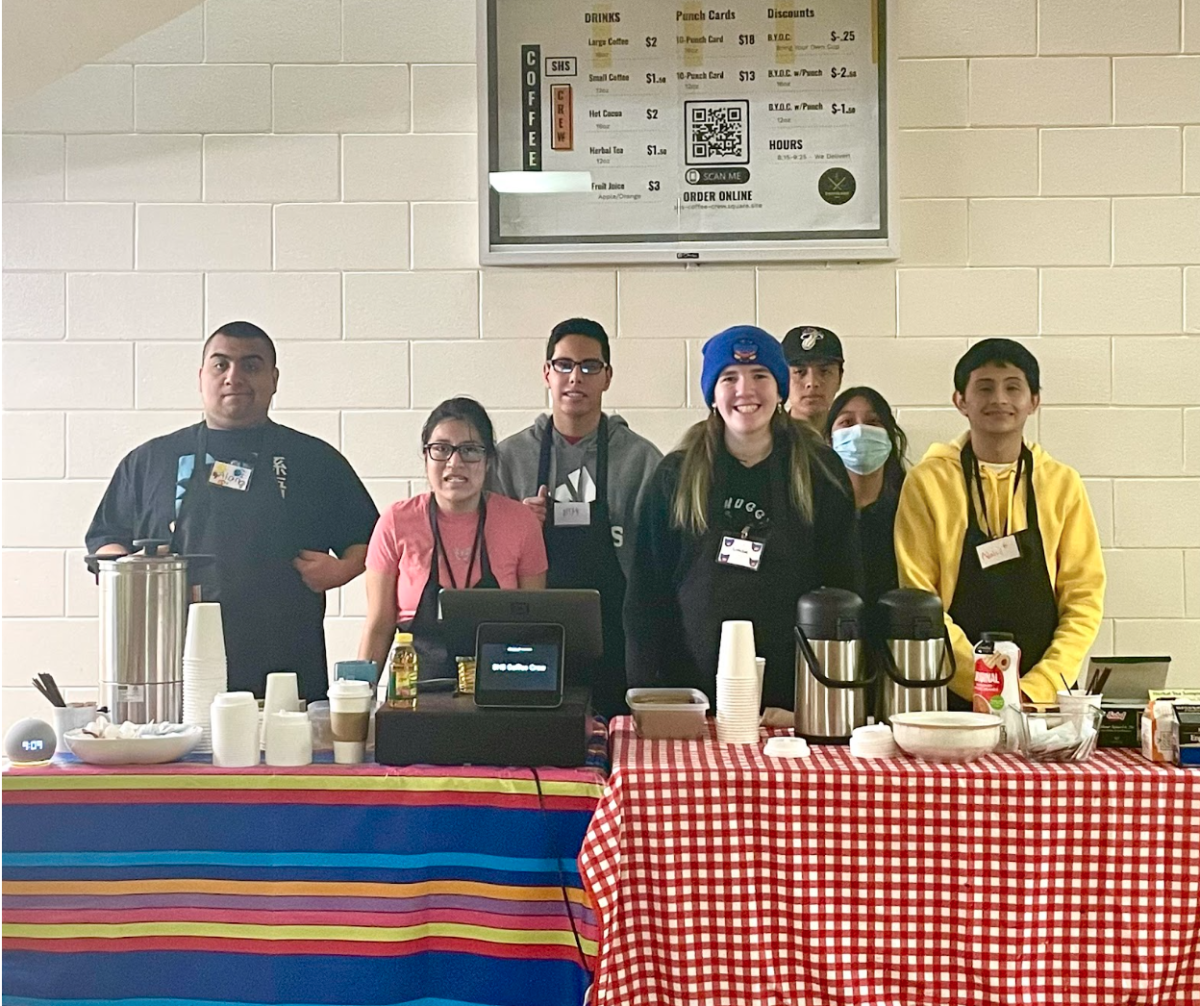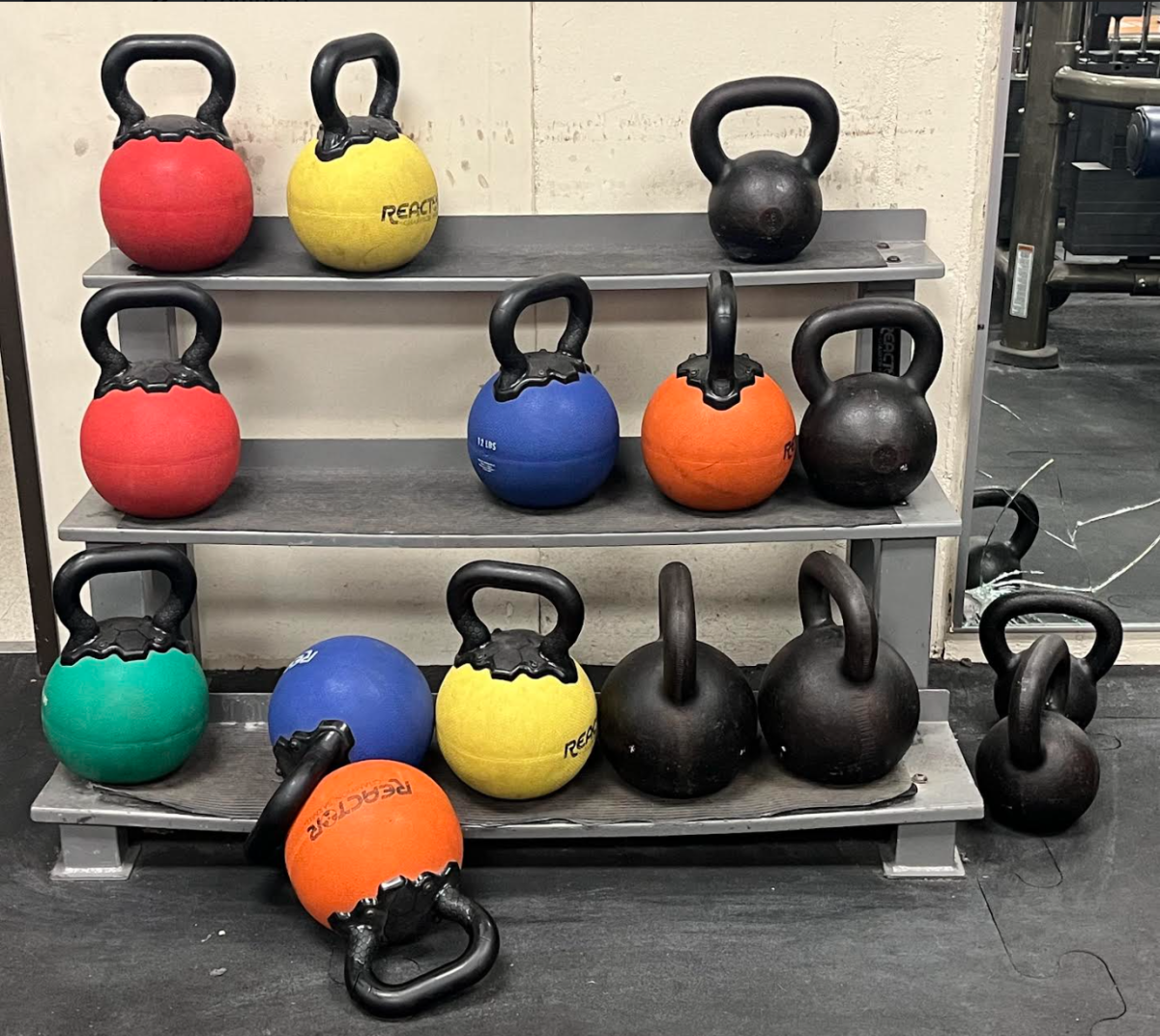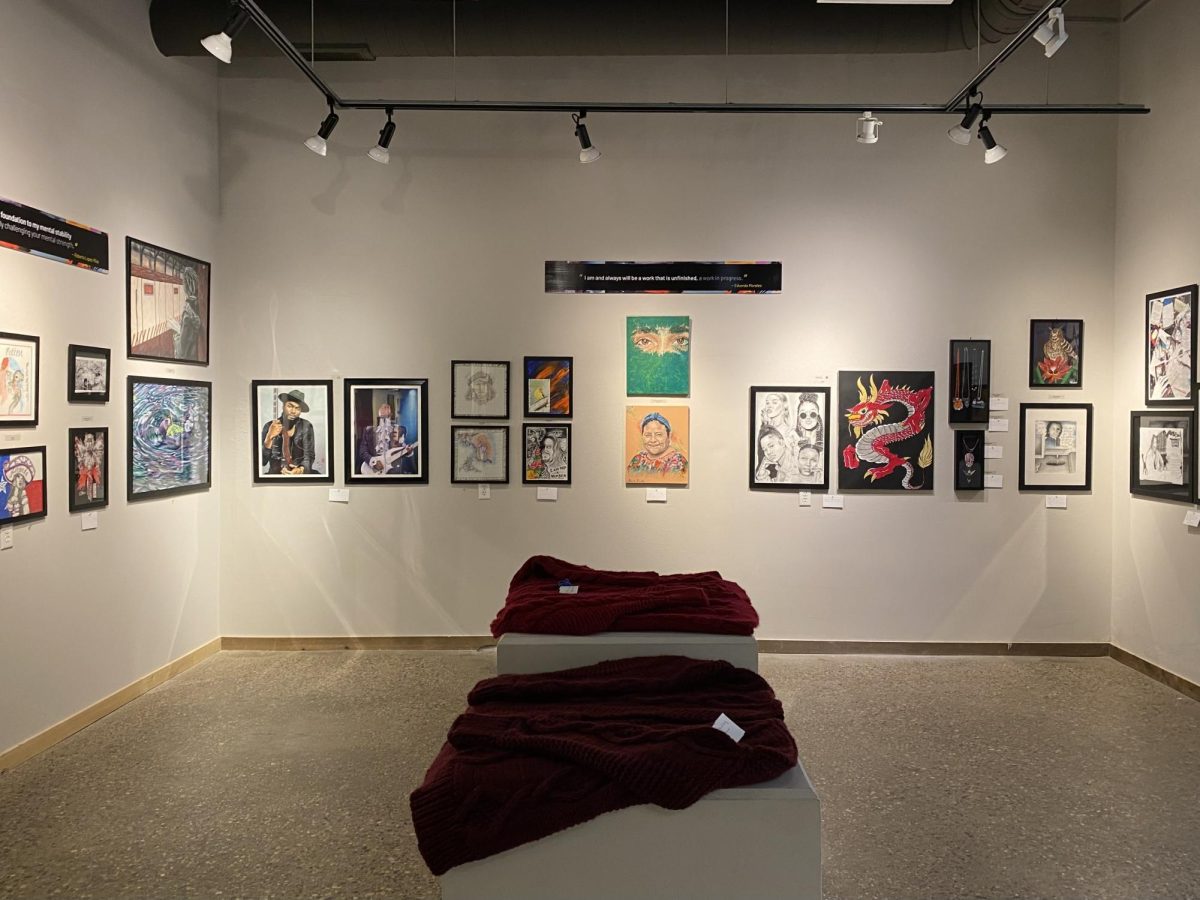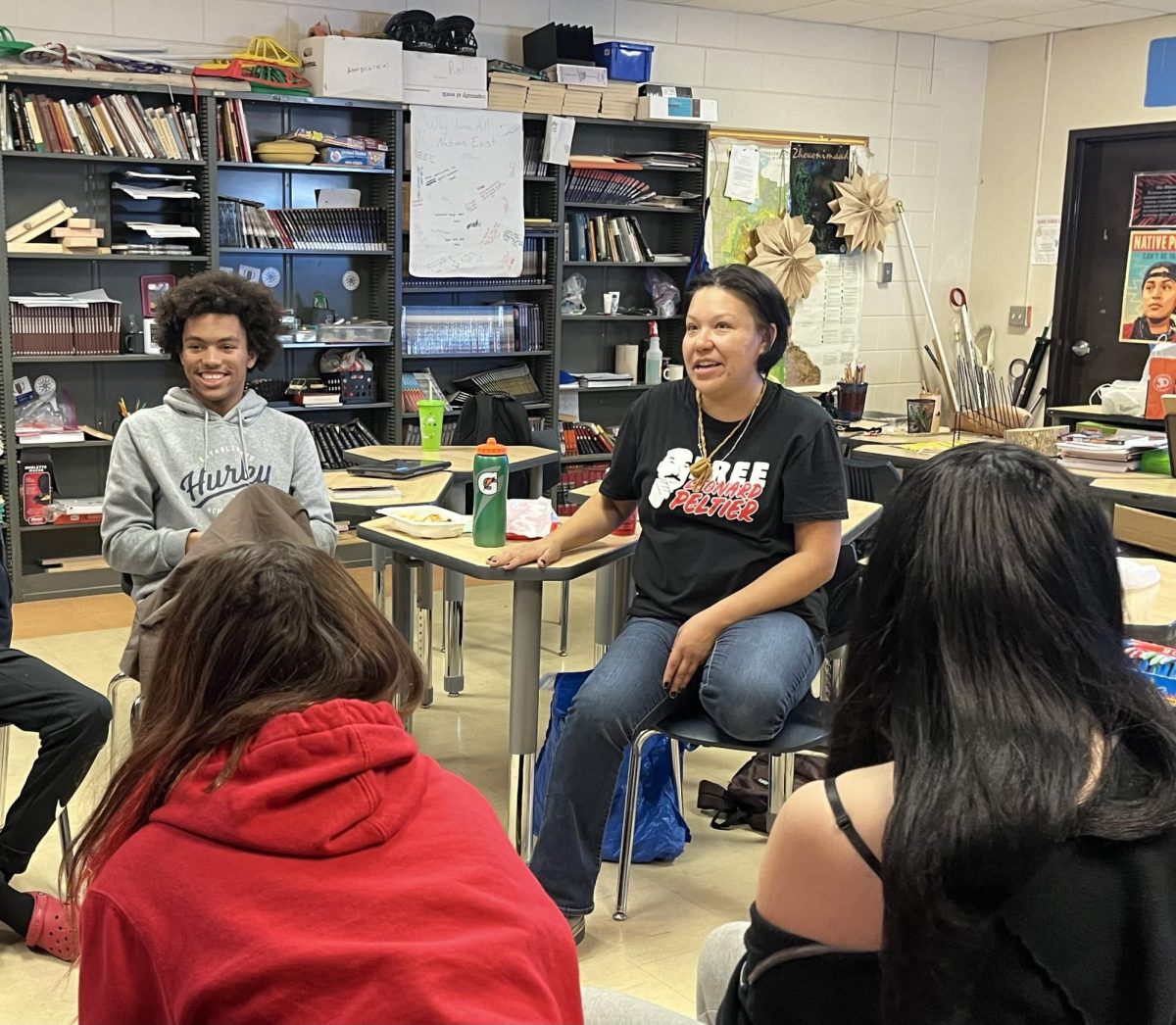“A lot of girls aren’t going to be able to ask their parents to go take them to a clinic because they had sex the night before and forgot to use protection,” said Emily, a student who wished to remain anonymous. “People make it about politics, and it’s not about politics. It’s about human rights. People need to be able to have that resource available to them.”
On April 30, the Obama administration approved the sale of emergency contraceptives, commonly known as Plan B or the morning-after pill, to anyone as young as fifteen without a prescription.
Formerly, the pill was available to anyone over the age of seventeen and accessible with a prescription to those under seventeen.
“You don’t need a prescription if you’re over fifteen. You can just buy it,” said nurse practitioner Lorie Carlson, who works in the school-based clinic at South. “The important thing with Plan B is you take it as soon as you can.”
According to Carlson, emergency contraceptives work by delaying ovulation in females, preventing an egg from meeting up with a sperm and being fertilized. For this reason, it’s important to take the pill as soon as possible, up to 120 hours after having unprotected sex.
“They’re not an abortion pill. That’s a common misconception,” Carlson stated adamantly. “It does nothing to interrupt an established pregnancy, not anything at all. So if all of those things happen – an egg was released, a sperm met the egg and it implanted – Ella, Plan B, Next Choice, none of them would interrupt an established pregnancy.”
Because of this misconception, there has been a great deal of controversy surrounding emergency contraceptives, leading to strong opinions like Emily’s. However, her opinion about emergency contraceptives comes from personal experience.
As a sixteen-year-old, she encountered a situation where she found it necessary to take the morning-after pill.
“I had had kind of a crazy night,” she recalled. “I ended up losing my virginity. I don’t actually remember it, I just remember the next day thinking, ‘Wait… what happened?’”
Because Emily could not remember the situation and whether or not protection was used, she decided to take the morning-after pill just to be safe.
“There wasn’t a lot of other options. I didn’t know what else to do,” she admitted. “I think the gravity of the situation never really hit me. I was just like, ‘Wow, that happened. I need to do some damage control.’”
According to senior Kadeeja Rivers, a volunteer at Planned Parenthood through their Teen Council program, that is exactly what Plan B is designed for — damage control.
“The biggest message we try to put across is that Plan B is not birth control. So it’s not your plan A, it’s your plan B,” she stated.
For Lauren, another anonymous student, her reason behind taking Plan B involved a birth control failure.
“I was very worried and concerned because I hadn’t used protection. I had missed my birth control. I wasn’t being consistent with them. So I was very worried and scared,” she described. “I was just freaked out, so I was like ‘I’m just going to do it.’ Better safe than sorry.”
In Lauren’s case, accessibility to emergency contraceptives was not a problem. She chose to visit the school-based clinic to get the pill, which, according to her, simplified the process.
“I went to the clinic, it was really easy to get. That’s part of why my decision was so easy,” she stated. “I was just more concerned about what I would do if I were pregnant.”
According to Rivers, the use of Plan B would be appropriate in a variety of situations, from sexual assault to a birth control failure, and can potentially reduce the chances of having to make a tough decision in the future.
“[Plan B can be used in] basically any situation where they could become pregnant and they know that they do not want to be pregnant,” she described. “And that will minimize the chances of them having to make a hard decision later on, whether or not to keep the baby or to have an abortion, give the baby up for adoption, there are so many more that go into that.”
Luckily, Emily was able to gain access to the pill through a friend’s mother, who happened to be a physician.
“I was really glad that there was an opportunity, like there was actually something I could do,” Emily said. “I guess I just felt really lucky, and I had people to support me.”
However, not everyone is able to access the pill that easily. Even for those who are old enough to access the pill without a prescription, it can be a challenging situation.
“You’re pretty stressed out when you decide you need it. A lot of people are embarrassed and if they meet up with any resistance, like if they go someplace and can’t get it, they’re defeated,” Carlson commented.
A stigma surrounding the use of emergency contraceptives was definitely something that Sarah, another anonymous student, experienced when she took Plan B.
“I think people could be pretty embarrassed about it,” she said. “Just the fact that you’re going to get Plan B, I think there’s a stigma around the fact that you made a mistake so that’s why you’re going to get it. So it’s like, ‘Oh, she’s going to get Plan B, she messed up.’”
“I don’t think it’s specific to Plan B, although I think if you’ve been trying to be a good contraceptor, you may be embarrassed to say ‘I was doing my best but I forgot’ or ‘I messed up,’” Carlson stated. “I do think that all of us, a human thing, is that we don’t want to admit we made a mistake.”
Carlson added that sometimes, the circumstances surrounding having unprotected sex can be a contributing factor to the embarrassment, especially if it involves illegal activity.
“The other issue for some people is that they make poor choices because they were drinking or under the influence of drugs and they may not remember what they did, and they may be ashamed of that fact,” she noted. “They may not want to admit that they need help because they made a choice on the front end that made it a risk.”
Similar to Emily, alcohol use was also a factor in Sarah’s experience with emergency contraceptives.
“I went to a party and I got too drunk and had sex with somebody and the condom fell off halfway through, so most of it was unprotected,” she said. “After a little bit of deliberation I knew that I should take [the pill]. I didn’t know much about it. I knew it would help me but I didn’t know any of the side effects really until after I took it.”
In Sarah’s case, these side effects were significant. “It affects you a lot emotionally because it messes with your hormones. So it can make people feel different. You feel different for a while after,” she described.
“It’s kind of hard to explain how I felt. I felt a little messed with because I’d done something I didn’t want to do and I’d bought this thing… It felt kind of wrong because I’d paid so much money for it. So the whole thing in general, I felt a little hurt from it,” she continued.
For Sarah, getting enough money together to pay for the pill was a challenge. According to Carlson, the cost for the pill can range from $30 to $60, depending on the clinic or pharmacy.
“It definitely would be hard for some people to access it, getting the money together was hard,” Sarah commented. “I thought about how many other teenagers maybe should have taken it or could have if it had been more accessible.”
Carlson agreed, citing that the cost of the pill itself can be prohibitive to potential users and severely limit accessibility.
“How many fifteen-year-olds you know have job? I mean, you can’t even get a job when you’re fifteen, you have to be sixteen. 50 bucks is a lot of money for anybody, so I think that’s prohibitive, absolutely,” Carlson said.
However, Carlson added that many public health clinics offer the pill at a reduced rate. “Any community-based clinic with a mission to provide services to people who need it have either no fee or sliding fee scales for all their medications and their services.”
Rivers argued the opposite, citing that a high cost of emergency contraceptives can add weight to the whole situation.
“I wouldn’t complain about the price of Plan B, I know it’s really expensive but it makes the matter more serious,” she said. “But if someone is in a situation where they need Plan B and they really can’t afford it, they can go to places like Planned Parenthood. They can get birth control for free, or for no cost to low cost. So if you don’t have a job and you don’t want your parents to find out, they won’t go through your parents’ insurance and you can get on whatever birth control method you choose.”
Despite the high cost and side effects, Sarah would recommend using Plan B to someone in a similar situation.
“It is really good just the morning after so you don’t have to wait and take a pregnancy test or get an abortion, it’s really easy to just go,” Sarah said. “I would recommend it to people if they were worried about it. I would use it again.”
Lauren would also recommend taking emergency contraceptives to others, but noted that it’s not a decision to take lightly.
“I feel like I took it as more of a precaution, I didn’t put a lot of serious thought into it. And looking back on it now, I think I‘ve had scarier times,” she recalled.
“I was younger and I was just really freaked out about it, whereas now I would probably think about it more. I think if you’re gonna take it, put more thought into it than spur of the moment.”
With the new age recommendation from the Obama administration, accessing emergency contraceptives will become even easier. Although it will make medications like Plan B easier to access for teens, Rivers doesn’t think that it will necessarily increase usage.
“I don’t think it’s going to increase use, I think it’s just going to take a lot of stress off of people who couldn’t get it. I’ve had friends come to me and be like ‘Oh my gosh, I’m only 16 and I can’t get Plan B,’” she said. “Also I think [there will be] less unwanted pregnancies because if people are going to have sex young, they can get pregnant young. So we should make it accessible to them.”
For Carlson, she hopes that increased availability will reduce the stigma surrounding use of emergency contraceptives.
“I hope what happens is that [the age recommendation] normalizes it,” she stated. “It’s just one more thing you have at your disposal to help you plan your reproductive life, acknowledging fully that we are all human and make mistakes and whether you’re a fifteen-year-old making a mistake or a twenty-year-old making a mistake, you still need the same kind of resource.”
“I’m really happy that Obama lowered that age for people to get Plan B because we hear about these things all the time, people are having sex at younger and younger ages,” Rivers agreed.
Rivers added that, because of this trend, education about reproductive health is heavily tied to safety when it comes to engaging in sexual activity.
“Just because someone tells someone not to have sex, doesn’t mean that’s going to be effective. Teaching kids all the correct information and then giving them resources is probably the way to protect your kids the most, if our common goal is to protect our teenagers,” she stated.
Carlson, like Rivers, said that in her experience, education about emergency contraceptives is a critical factor in access.
“[Emergency contraceptives] are available as long as people know that they’re available,” Carlson noted.
“I hope that it just becomes a part of a regular repertoire of what women of all ages have at their disposal for planning their life as humans and having babies. Have them when you’re ready, have them on your terms.”

